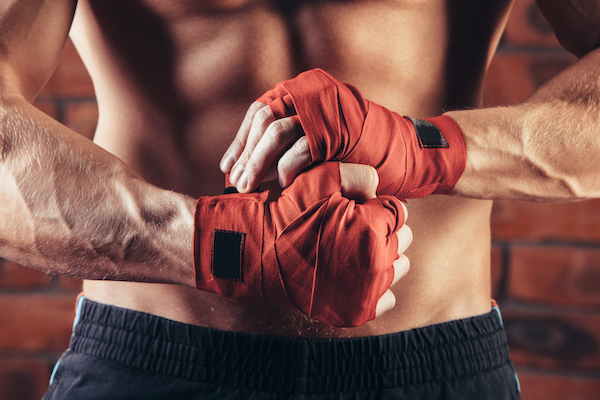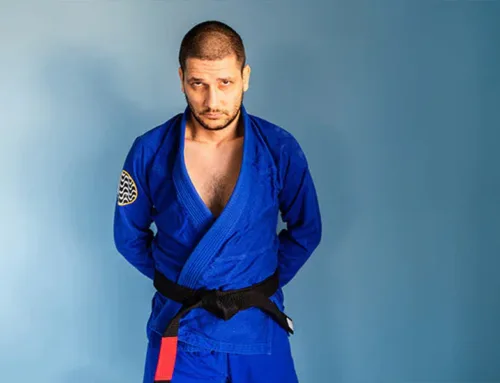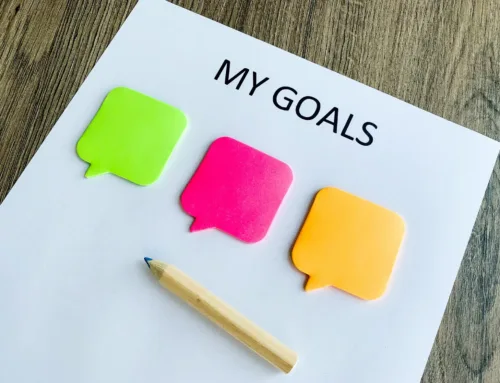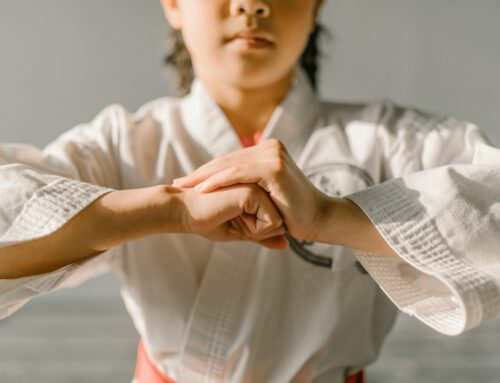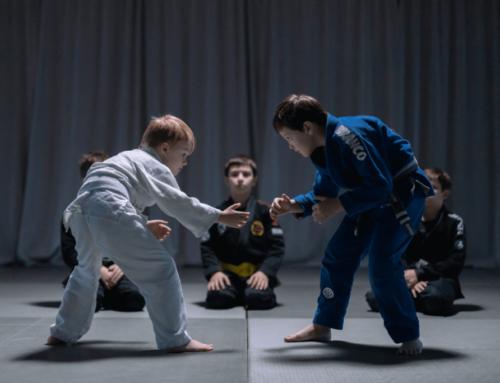Stress is a part of everyday life, but how we cope with it can make a significant difference in our overall well-being. Martial arts offer a powerful way to manage and relieve stress through physical activity and mental focus. Whether you’re practicing Mixed Martial Arts (MMA), Tae Kwon Do, or Jiu Jitsu, martial arts provide a structured outlet for releasing tension and building resilience.
Understanding the Connection Between Martial Arts and Stress Relief
Martial arts help alleviate stress both physically and mentally. The physical movements in training, such as punching, kicking, and grappling, release built-up tension in the body. This release results in a sense of relaxation and ease. The vigorous physical activity of martial arts also promotes the release of endorphins, the body’s natural stress-relievers. These endorphins help improve your mood and provide a sense of well-being.
Mentally, martial arts training requires focus and concentration. This focus shifts your attention away from stressors and towards the task at hand. Techniques like controlled breathing and mindful movements further aid in calming the mind. Practicing these techniques regularly trains your brain to handle stress more effectively, creating a mindset resilient to anxiety and pressure.
Scientific studies support this connection. Research has shown that physical exercise, including martial arts, can lower levels of cortisol, the stress hormone. Additionally, engaging in regular martial arts practice has been linked to improvements in mood and reductions in symptoms of anxiety and depression. These benefits emphasize the importance of martial arts as a holistic approach to managing stress.
Effective Martial Arts Techniques for Reducing Stress
Specific techniques from Mixed Martial Arts (MMA), Tae Kwon Do, and Jiu Jitsu are particularly effective for stress relief. These techniques each offer unique benefits that contribute to a calmer and more composed state of mind.
Mixed Martial Arts (MMA) Techniques
- Shadowboxing: This activity focuses on imaginary sparring, promoting cardiovascular health and concentration.
- Combination Drills: Combining strikes like punches and kicks can elevate heart rate and improve mental clarity.
Tae Kwon Do Techniques
- High Kicks: These kicks not only improve flexibility but also provide a physical outlet for releasing tension.
- Forms or Poomsae: Performing these series of movements requires focus and precision, aiding relaxation.
Jiu Jitsu Techniques
- Rolling or Sparring: Engaging in ground fighting activities teaches control and resilience, reducing mental stress.
- Joint Locks and Holds: Practicing these maneuvers emphasizes patience and technique, promoting a meditative state.
Each of these techniques contributes to stress relief in various ways. Shadowboxing and combination drills in MMA boost your heart rate and release endorphins, improving mood. High kicks in Tae Kwon Do stretch muscle groups, releasing physical tension and enhancing flexibility. Forms require mental focus, shifting your thoughts away from stressors. Rolling in Jiu Jitsu builds resilience and problem-solving skills, empowering you to face challenges with confidence. Through these specific techniques, martial arts provide a multifaceted approach to managing and reducing stress.
Incorporating Martial Arts Into Your Stress Management Routine
Integrating martial arts into your daily life can significantly help in managing stress. Here are some practical tips to make the most out of your martial arts practice:
- Set a Consistent Schedule: Consistency is key. Whether it’s attending classes or practicing at home, try to set aside specific times each week dedicated to martial arts training. Treat these sessions as appointments you can’t miss.
- Pair Martial Arts with Relaxation Techniques: Complement your martial arts sessions with other relaxation methods. Practices like stretching, meditation, or yoga before or after your training can help your body and mind transition smoothly.
- Focus on Technique, Not Just Intensity: While high-intensity training is effective for releasing tension, concentrating on the technical aspects of martial arts can also offer mental relaxation. Focus on mastering specific moves or sequences to divert your mind from stressful thoughts.
Here is a sample weekly schedule to balance martial arts with relaxation techniques:
– Monday: 60-minute MMA class, followed by 10 minutes of stretching.
– Wednesday: 45-minute Tae Kwon Do practice, ending with 15 minutes of mindfulness meditation.
– Friday: 60-minute Jiu Jitsu rolling session, complemented by 10 minutes of deep breathing exercises.
– Sunday: Light training or review session for 30 minutes, paired with a 20-minute yoga routine.
By balancing intense physical activity with calming practices, you create a holistic approach to managing and reducing stress.
Additional Tips for Maximizing Stress Relief Through Martial Arts
To gain the most benefits from your martial arts training, consider incorporating supplementary practices and maintaining a consistent routine. Here are additional tips to maximize stress relief:
- Meditation: Spend a few minutes each day in quiet reflection. This can help in grounding your mind and improving focus during martial arts sessions.
- Breathing Exercises: Controlled breathing can play a significant role in stress management. Techniques like diaphragmatic breathing or the 4-7-8 breathing method can be practiced alongside martial arts to enhance relaxation.
- Mindfulness: Practice mindfulness during training sessions by concentrating on your movements and breathing. This helps keep your mind present and reduces anxiety.
- Quality Sleep: Ensure you get enough rest. Adequate sleep is essential for both mental and physical recovery. Aim for 7-9 hours of sleep per night to support your training and stress management.
- Nutrition: Maintain a balanced diet to fuel your body for both training and everyday activities. Foods rich in vitamins and minerals can boost your energy levels and improve your mood.
Consistency is crucial in martial arts practice. Set realistic goals to avoid burnout. Start with achievable targets and gradually increase the intensity and duration of your sessions as your skills improve. Keeping track of your progress can provide a sense of accomplishment and motivate you to continue.
Conclusion
Martial arts offer a unique and effective way to manage stress, benefiting both the mind and body. Techniques from Mixed Martial Arts (MMA), Tae Kwon Do, and Jiu Jitsu provide physical outlets to release tension and mental strategies to enhance focus and resilience. Regular practice can help reduce stress hormones, increase endorphins, and improve overall mood.
By incorporating martial arts into your routine, you also learn valuable skills that can extend beyond the dojo. Consistency and realistic goal-setting ensure you stay on track and maximize the benefits of your training. Complementary practices like meditation, breathing exercises, and mindfulness further enhance the stress-relieving effects of martial arts.
Ready to take control of your stress with martial arts? Join the Adult MMA and martial arts classes at Pride Martial Arts Academy today and discover the profound impact on your mental and physical health.

